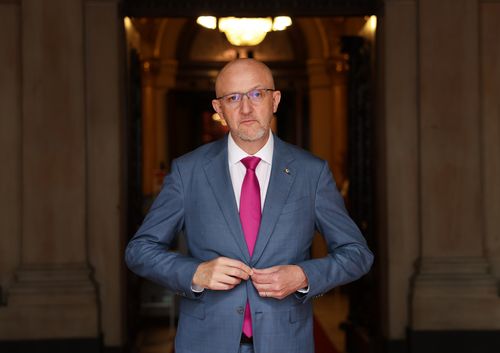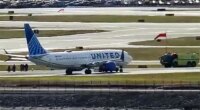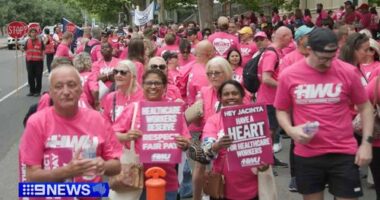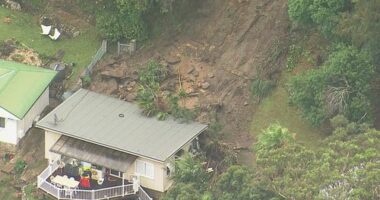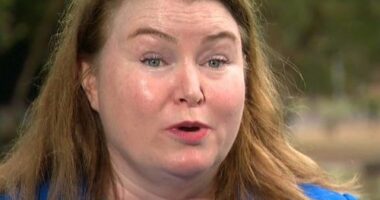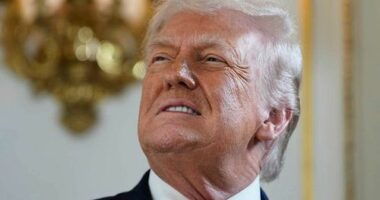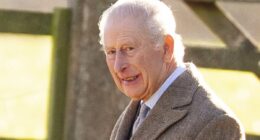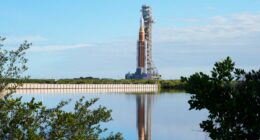Share this @internewscast.com
Recently, during the 2025 Lowy Lecture, a grave warning was delivered: Australia is grappling with an unprecedented array of threats, all converging simultaneously. The speaker highlighted the magnitude of these challenges, emphasizing the unique position the nation currently finds itself in.

One of the most pressing concerns is the erosion of Australia’s cherished community cohesion. According to the speaker, this unity is “under siege, under threat, under attack,” with the country experiencing a fraying of its social fabric unlike ever before. This deterioration is not a mere coincidence, but rather a targeted assault.
The speaker further cautioned against the influence of “cunning nation states” that are actively seeking to exacerbate tensions by exploiting grievances harbored by both individuals and extremist factions. These foreign entities are seen as stoking the fires of division for their own gain.
A stark illustration of this manipulation was Iran’s involvement in significant anti-Semitic attacks earlier in the year. Although this incident was highlighted as particularly egregious, it is not the sole example of such interference. The warning serves as a call to action for Australia to address these threats with vigilance and resilience.
Burgess warned “cunning nation states” were trying to “fan the flames” started by aggrieved individuals and extremist groups.
Iran’s sponsorship of high-profile anti-Semitic attacks earlier this year was the most egregious example but not the only one.
He said ASIO agents had uncovered links between pro-Russian influencers in Australia pushing extreme online narratives justifying the invasion of Ukraine and an “offshore media organisation that almost certainly receives direction from Russian intelligence”.

“These state-sanctioned trolls are more than propaganda puppets,” he said.
“They want to turn hot-button issues into burning issues, tipping disagreement into division and division into violence.”
Burgess worried the foreign interference would cross the line from reckless to something more serious, saying there was a “realistic possibility” a foreign government would “attempt to assassinate a perceived dissident in Australia”.
“This threat is real,” he said.

“We believe there are at least three nations willing and capable of conducting lethal targeting here.Â
“It is entirely possible the regimes would try to hide their involvement by hiring criminal cut outs, as Iran did when directing its arson attacks.”
Closer to home, Burgess said the neo-Nazi National Socialist Network had exploited the March for Australia rallies to boost its profile.
“At its core, the National Socialist Network is anti-immigrant, anti-Indigenous, anti-gay, anti-Jew, anti-Islam and anti-anything that does not fit its white Anglo-centric world view,” Burgess said.

“Its version of social cohesion is monochrome and mono-cultural.
“Even if the organisation does not engage in terrorism, I remain deeply concerned by its hateful, divisive rhetoric and increasingly violent propaganda, and the growing likelihood these things will prompt spontaneous violence, particularly in response to perceived provocation.”
He also warned of a “notable uptick in intentionally disruptive and damaging tactics by anti-Israel activists”, while noting these acts were not so centrally controlled or even motivated by the same goals.Â
Amid all of these threats was the impact of the internet and social media in incubating and accelerating disaffection, misinformation and reinforcement, with AI a looming threat of exacerbating the risks.

“You will not be surprised to know I am deeply concerned about the potential for AI to take online radicalisation and disinformation to entirely new levels,” Burgess said.
Despite all this, Burgess left the lecture on a hopeful note, arguing Australia was better placed than many other Western democracies to meet the coming challenges.
